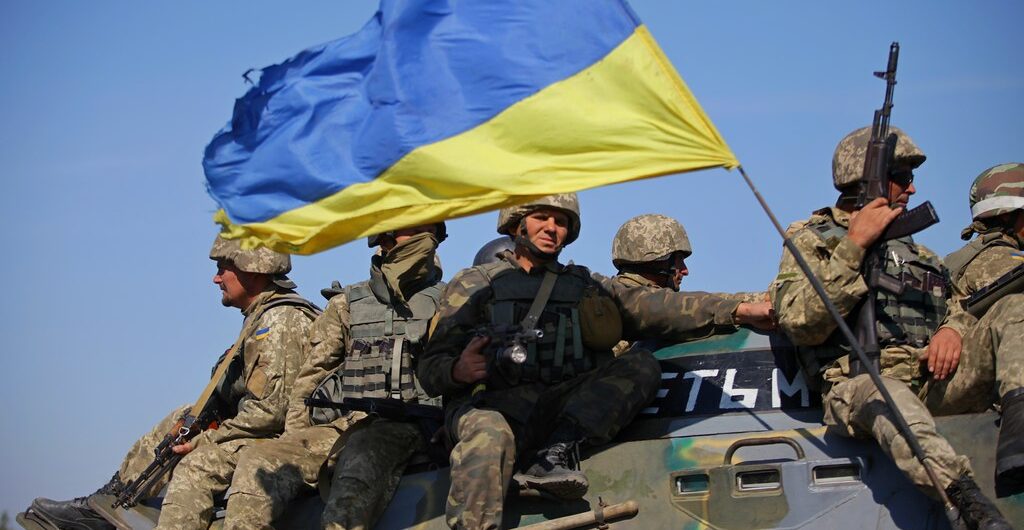Words by Connor Drescher, Staff Writer
Boris Johnson is considering whether to double the number of troops the UK deploys to Eastern Europe in the hopes of stabilising the region, amid ongoing tensions between Ukraine and Russia. Russia has continued to amass troops and military equipment on its border with Ukraine in recent weeks, with some estimates putting the number of soldiers deployed at around 100,000. Russian tanks, missiles and other military vehicles are also being brought in – leading the international community to believe that an invasion may be imminent.
Russia has seized territory belonging to Ukraine in the past, when it annexed Crimea following the overthrow of the pro-Russian president, Viktor Yanukovych, in 2014. Since then, Russian-backed separatists have been fighting with the Ukrainian military on and off in a conflict that has claimed more than 14,000 lives to date. So why is this happening?
Ukraine is a former Soviet state with strong cultural ties to Russia, and the Russian language is widely spoken there. President Putin has long resisted attempts by Ukraine to strengthen its European ties and potentially join North Atlantic Treaty Organisation (NATO) – the defence organisation which Russia considers dangerous. Russia has demanded that Ukraine not be allowed to join NATO and considers the eastward expansion of NATO since 1997 a threat to its national security, wishing for a return to the pre-1997 members of the NATO alliance. Although the East and West are currently negotiating and in contact with one another at time of writing, what Russia wants is clearly not going to happen – that is, their demands are highly unlikely to be met – which is why the West, (the UK and US in particular), believe Russia will move to invade Ukraine soon.
Boris Johnson and the American President Biden have both condemned the Russian movements, with Johnson saying: “If President Putin chooses a path of bloodshed and destruction, it will be a tragedy for Europe. Ukraine must be free to choose its own future…I have ordered our armed forces to prepare to deploy across Europe next week, ensuring we are able to support our NATO allies on land, at sea and in the air.”
While both the UK and the US have made it clear that they do not intend to send combat troops into Ukraine itself, both have also sent advisors, weapons and support to the region in an effort to bolster Ukraine’s ability to defend itself against any potential Russian incursion. Other NATO members including Germany and the Netherlands have also sent aid in the form of equipment, medical supplies and weapons. This coupled with tough economic and strategic sanctions on Russia is hoped to dissuade President Putin from engaging in further military action against Ukraine.
However, Ben Wallace, the UK Defence Secretary, who has been travelling to member states around Europe to gather support for further sanctions, has been quoted as saying he is ‘not optimistic’ that a Russian invasion can be stopped, despite ongoing talks aimed at de-escalating the situation.
The foreign secretary Liz Truss has also said that any Russian invasion of Ukraine would be ‘terrible for Europe’ but that there is a ‘real threat’. She also reiterated that it was ‘very unlikely’ that British combat troops would be deployed in Ukraine, but has confirmed that the UK is still considering ‘further deployments’ in the region to bolster an effort that includes ‘unprecedented sanctions’ being imposed, should Russia take further military action.
Editor’s note: information correct at time of writing 30/01/22





